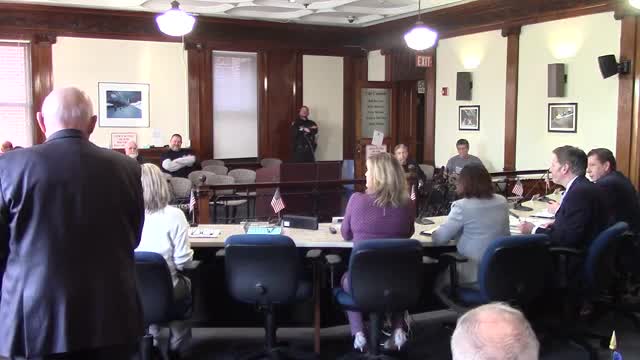Article not found
This article is no longer available. But don't worry—we've gathered other articles that discuss the same topic.
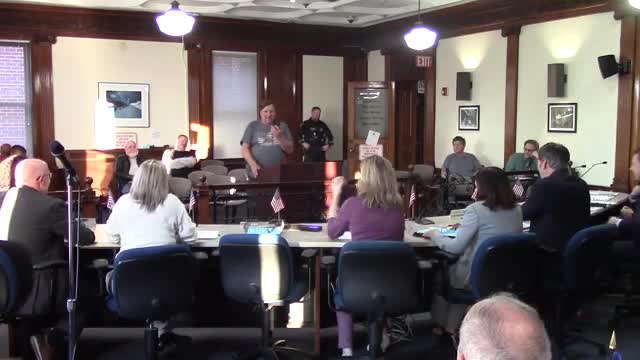
Resident warns million-square-foot project could worsen traffic and strain sewers; councilor says he will write to PennDOT
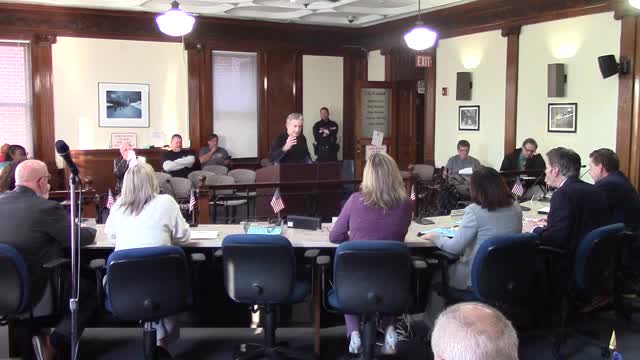
Wilkes-Barre officials point to April 9 PUC hearing on UGI rate request; mayor says he wrote letter prompting hearing
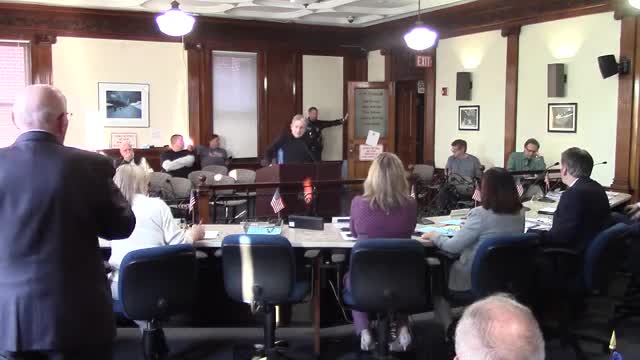
Residents and mayor debate stormwater fee and aging sewer infrastructure; city cites large repair estimate
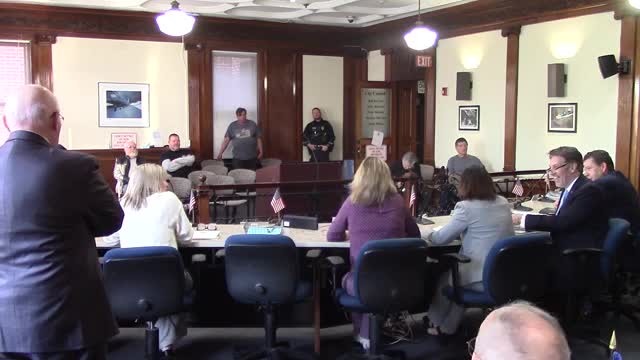
Councilors discuss South Valley Land Bank activity and zoning limits for housing types
